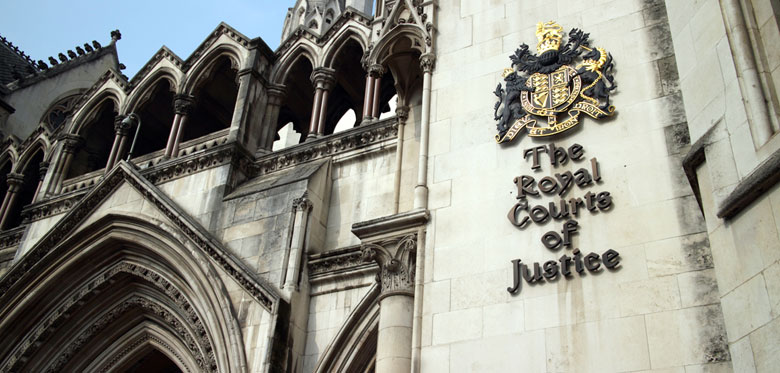The recent reported case of London Borough of Lambeth v MCS & Anor [2018] EWCOP 14 and [2018] EWCOP 20 highlights the tragic handling of a vulnerable adult’s repatriation to Colombia.
The 55-year old Colombian woman, referred to as “P” throughout proceedings, collapsed at a bus stop in 2014. Upon the arrival of paramedics, P was found to have suffered a cardiac arrest and was subsequently diagnosed with hypoxic brain injury as a result. P was subsequently confined in hospital for a period of three years, against her wishes.
In his judgement, Mr Justice Newton recognised that there was no dispute that P lacked capacity to make decisions regarding her residence and care, despite the fact that she had made it clear at every opportunity that she wished to return home to Colombia, where she would receive care and support from her large family. He also recognised that there was no dispute that it was in P’s best interests to be repatriated to Colombia, which was consistent with her wishes.
P displays all of the classic signs of hypoxic brain injury. This includes severe cognitive impairment with memory problems, speech problems and physical difficulties which require significant care input. Despite this, Mr Justice Newton noted that P had made significant cognitive improvement over time and this had allowed her to vent her frustration with a number of things such as language (as she could not understand English), her impairments and the care plan that was provided to her.
Although the documents fail to reveal a clear picture, Mr Justice Newton commented that it appeared at least likely that P may have been ready for discharge in 2014. He also noted that the original application made to the court to challenge P’s deprivation of liberty was made in December 2016, out of frustration because “despite the local authority and the Lambeth CCG supporting P's wish and desire to return to Colombia, they had simply failed to progress it”.
Mr Justice Newton was critical of the fact that “it has taken a year to achieve what should have been organised much, much earlier, and significantly, proceedings should have been, and were, unnecessary; all of this could and should have been achieved outside any application”. P had consistently expressed a desire to return to Colombia since 2014. Although her original prospective discharge date was in November 2014, she was not discharged and by January 2015 the plan for her repatriation was still “inchoate”.
It was evident that P was happier and functioned better, when she was able to communicate in her native Spanish tongue. Despite this, there was no formal provision which supported P’s need for Spanish speaking staff, even though P’s assessed needs recorded that a Spanish speaking environment was “essential for P’s participation, care and wellbeing” and that “Spanish staff should be available 24 hours a day”.
Mr Justice Newton was critical of the manner in which this case had been handled, blaming “disorganised, muddled and unfocused decision making” for the delay in implementing the arrangements for P’s repatriation. This was clear to see from the summary of the proceedings which mentioned poorly drafted documents, unnecessary discussion regarding the costs of transporting a wheelchair to Colombia, and a court hearing in which neither the local authority, nor the CCG nor their solicitors had the courtesy to attend.
The effect that this poor decision making had on costs was also emphasised, as it cost the taxpayer over £100,000 per year to keep P here, against her wishes. Not to mention the cost of drawn-out High Court proceedings. It should therefore come as no surprise that the local authority and the CCG were ordered to bear the costs of the proceedings, due to the way in which the public bodies had handled the case.
Within his judgement, Mr Justice Newton captures the tragedy of the situation well, commenting that had the local authority done what it ought to have done, “they could have avoided P the years of misery from being kept a prisoner here, against her will”.
There is, however, a happy ending to this heart-rending story. On 25th of January 2018, P left the UK by air ambulance. Mr Justice Newton described that the move went well, and that upon arrival to her homeland P “recognised many of her relatives and smiled all over her face.”
Stephensons have a specialist team of Court of Protection solicitors covering cases nationwide and have the benefit of a legal aid contract (subject to eligibility). Should you require any assistance or advice on any matter which may relate to the Court of Protection or community care, please do not hesitate to contact us on 01616 966 229.



Comments